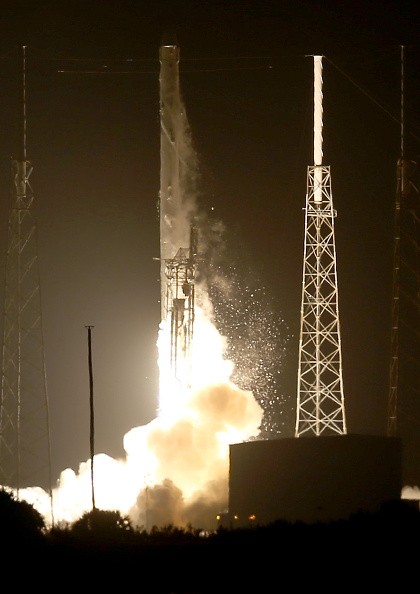
Elon Musk's SpaceX is undeniably one of the pioneering aerospace manufacturing and space transport companies at present. SpaceX's place in space travel history was cemented when it became the first corporation to successfully land a Falcon 9 rocket following an orbital launch. Unfortunately, it seems like Musk's company is recently hitting a bit of an unlucky streak.
In the last few days of February, SpaceX had to delay one of their scheduled launches several times. The last cancellation was later explained by Musk himself. According to the company's CEO, the send off was delayed in the last few seconds because of low thrust levels.
SpaceX has since conducted a successful launch last March 4, 2016 at 6:35 PM Eastern standard time. The company's Falcon 9 rocket lifted off of from Florida and made it to the Earth's orbit. The rocket successfully completed its mission of putting a Boeing-built satellite for Luxembourg-based SES SA located 25,000 miles above the Earth. However upon reentry the rocket's reusable main stage booster was damaged when it attempted to land on an ocean platform.
Elon Musk has already given a statement explaining the reason for the launch's failure. According to Musk, the rocket's landing on the platform was just too forceful.
"Rocket landed hard on the droneship. Didn't expect this one to work (v hot reentry), but next flight has a good chance" read the CEO's twitter message.
Last Friday's launch was not the first time SpaceX attempted an ocean landing. Following the success of Falcon 9's land touchdown in December, the company attempted to land on a platform set sail in the Pacific Ocean. During the landing, one of the landing legs failed to latch causing the booster to fall over and explode.
SpaceX has yet to confirm when the next launch would be. However, it is expected that their next mission for NASA would take place late in March or early in April.



